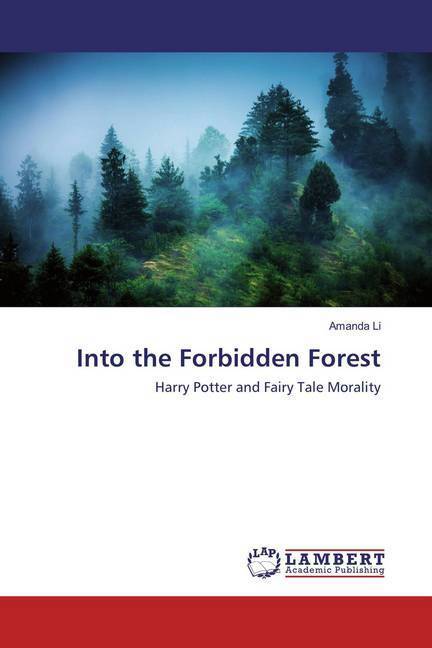
- Afhalen na 1 uur in een winkel met voorraad
- Gratis thuislevering in België vanaf € 30
- Ruim aanbod met 7 miljoen producten
- Afhalen na 1 uur in een winkel met voorraad
- Gratis thuislevering in België vanaf € 30
- Ruim aanbod met 7 miljoen producten
Zoeken
€ 39,45
+ 78 punten
Omschrijving
Typical of ethical fantasy literature, J. K. Rowling's Harry Potter series centers on a conflict between good and evil. Some perceive the novels' portrayal of this struggle as one of moral simplicity - a simplicity which often characterises fairy tales. On the surface, Harry Potter appears to follow the fairy tale tradition with its ostensibly clear divisions between 'good' and 'bad' characters, institutions, and values. However, this book aims to pierce the surface. It investigates how the series seems to perpetuate moral simplicity while actually operating under a more complex vision. In this book, the series' moral binary oppositions are destabilised through a literary deconstructive approach, combined with a poststructuralist understanding of psychiatrist Carl Jung's 'shadow' concept. Revealed are the moral complications of the wizarding world, the evil potential within Harry himself, and the contradictions of Dumbledore's ethics. Discover how Harry Potter - and ethical fantasy in general - can have social and moral value for readers.
Specificaties
Betrokkenen
- Auteur(s):
- Uitgeverij:
Inhoud
- Aantal bladzijden:
- 80
- Taal:
- Engels
Eigenschappen
- Productcode (EAN):
- 9783659889820
- Uitvoering:
- Paperback
- Afmetingen:
- 150 mm x 220 mm
- Gewicht:
- 124 g

Alleen bij Standaard Boekhandel
+ 78 punten op je klantenkaart van Standaard Boekhandel
Beoordelingen
We publiceren alleen reviews die voldoen aan de voorwaarden voor reviews. Bekijk onze voorwaarden voor reviews.











